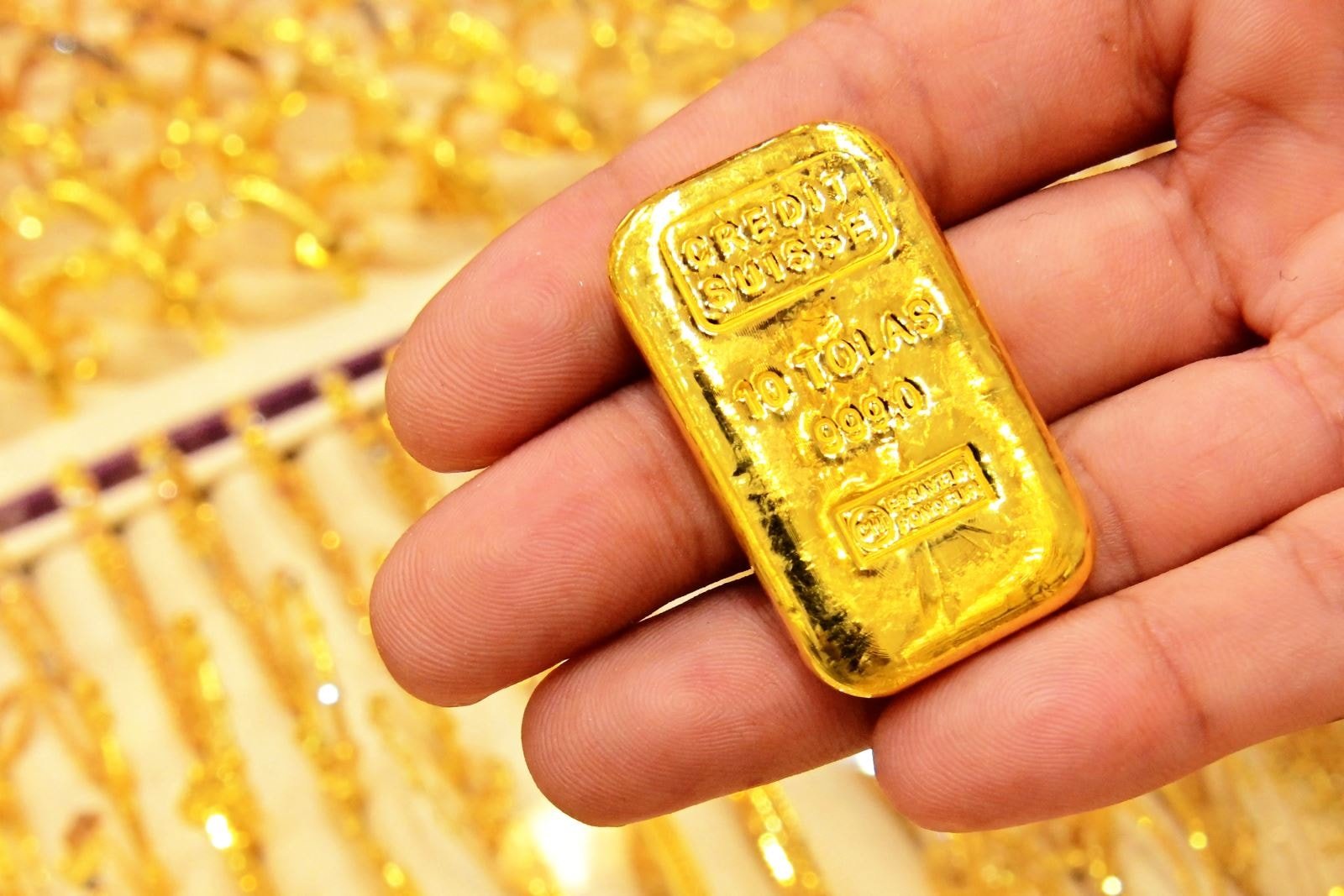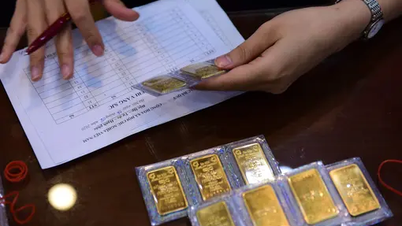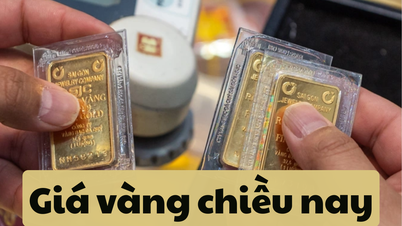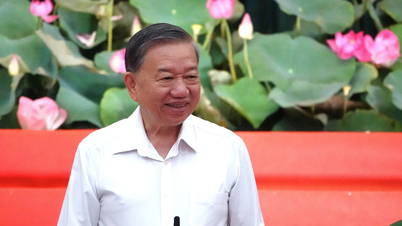Gold prices continue to rise, affirming its position as the leading safe haven
Gold prices are correcting after surging to their highest since April, but overnight gains reaffirmed the precious metal’s status as a safe haven after Israel carried out airstrikes on Iranian nuclear and missile targets, killing several senior military officers.
It is worth noting that while gold prices have risen sharply, the US dollar and US Treasury bonds have not received the expected safe haven flows. Mohamed El-Erian, former CEO of PIMCO and currently President of Queens College, Cambridge, warned investors not to rely too much on the US dollar and US bonds as traditional safe haven assets.
"Bond yields are barely moving after the Israeli attack on Iran. Watch gold and silver instead," he tweeted. Spot gold is currently trading around $3,421.28 an ounce, up more than 1% on the day and still holding above the key resistance level of $3,400. Meanwhile, the yield on the 10-year US Treasury note is at 4.42%, while the US dollar index continues to struggle around a multi-year low of 98.09.
In a commentary published in the Financial Times, Mr. El-Erian said that the new conflict in the Middle East was "bad news at a bad time." He warned that rising energy prices would exacerbate inflationary pressures, thereby hampering global growth.
"Central banks will have to be more vigilant with unchecked inflationary pressures. This reduces the ability to cut interest rates early and sharply despite a slowdown. Meanwhile, any fiscal response will take place in a context where interest rates remain high and investors are very sensitive to deficits and public debt," he analyzed.
El-Erian also pointed out that renewed geopolitical uncertainty will continue to undermine globalization. “Over time, the uncertainty caused by renewed Middle East upheaval could further erode the US-led global economic order, fueling the trend toward economic fragmentation,” he wrote.
Looking ahead, the expert predicts that the US dollar will continue to face downward pressure as countries diversify their reserves. "Much of the world is 'over-holding' the US dollar and US assets. As the US's central role in the global order weakens, the incentive for countries to reduce this dependence will grow," he concluded.

This week's gold price rally may soon stop
"The Israel-Iran conflict could keep gold above $3,400, but it's unlikely to push prices higher without a new escalation. History shows that geopolitical rallies are often difficult to sustain over the long term," said Ole Hansen, head of commodity strategy at Saxo Bank.
Spot gold is currently trading at $3,434.12 an ounce, up 3.75% from last week. Notably, gold is outperforming the US dollar, which is often seen as a safe haven but is currently failing to attract cash flows. The US dollar index is currently at 98.13, down 1% for the week.
Michele Schneider, chief market strategist at MarketGauge, warned investors to brace for short-term volatility as traders take profits. However, she said the long-term uptrend in gold and silver remains intact. "Conflicts can have a number of consequences, including higher inflation, so while prices may peak temporarily, I don't see this as a reversal point," she said.
Investors are cautiously waiting after the Israeli airstrike, said Naeem Aslam, chief investment officer at Zaye Capital Markets. He highlighted the importance of oil prices and Iran's response: "If Iran retaliates strongly, especially if it threatens oil supplies through the Strait of Hormuz, gold could explode on hedging demand. On the other hand, if tensions ease, gold's rally could stall."
However, Mr. Michael Brown from Pepperstone is still optimistic about the long-term prospects of gold: "The latest developments reinforce the role of gold in investment portfolios in the context of uncertainty. I believe prices will continue to rise, especially when organizations are diversifying reserves."
Source: https://baonghean.vn/gia-vang-tang-ky-luc-nho-cang-thang-trung-dong-nhung-da-tang-co-the-som-dung-lai-10299753.html













































































































Comment (0)